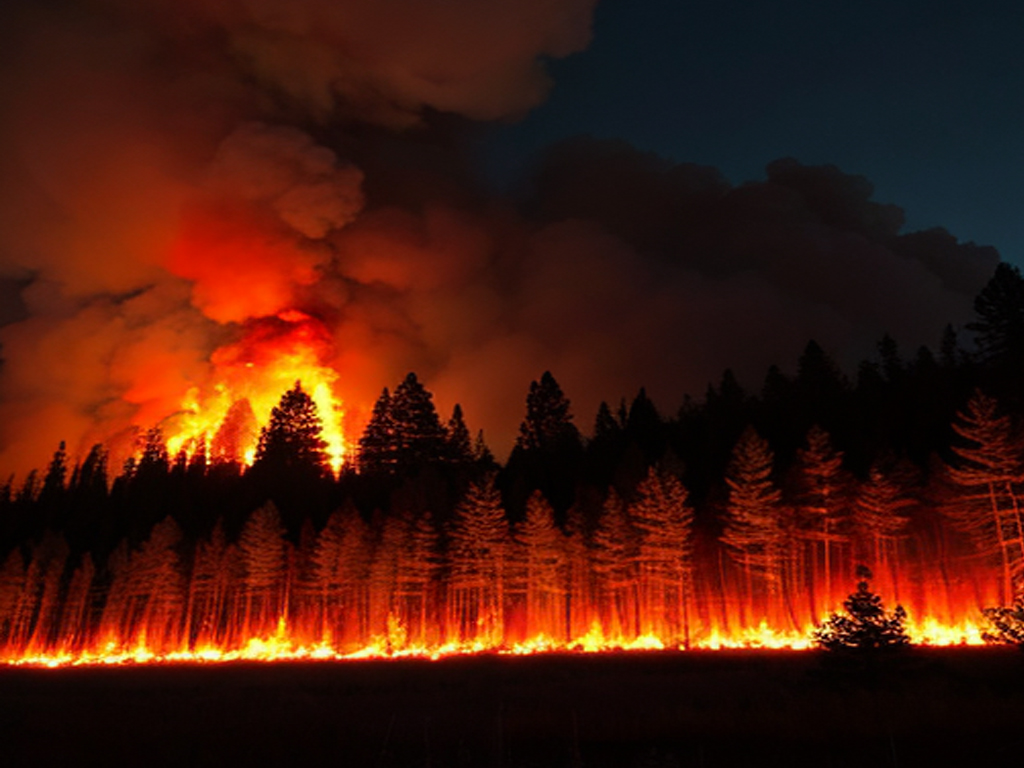
Fires in 2019 and the Prolonged Consequences
Global fire crisis, a problem since 2019
Before the Pandemic, there were other crises that unfortunately went to be rather forgotten. In this case we have to describe the issue of fires, which in 2019 presented itself as a virtually global threat.
It was undoubtedly a very busy year for the Fire Brigade and Civil Defence, given the nature of some of the arson fires and especially those that were created due to climate change. Indeed, the same year, and the previous 2018, marked the beginning of the critical warning in which researchers warned several states of the possibility of seeing global temperatures rise by 2 degrees. It seems little, but in truth it all pointed to the possibility of catastrophic events.
In 2019, the first signs of this change were seen, with numerous fires caused precisely by the summer drought, which was also amplified by unusual humidity. Humidity naturally pulled out of the entire atmosphere that was changing. It can be said that in that year, as happened during the pandemic, fire trucks were seen all over the place: so many fires at that time were insufficient at one point. A similar situation then occurred with the ambulances over the next two years.
From forest fire to hydrogeological risk
All these fires of course also created a secondary problem, as well as exacerbating the climate change issue even further, it also introduced the problematic presence of hydrogeological risk. Burnt ground cannot absorb water, and consequently becomes a greater danger for landslides. In the case of excessive rain fall, it also cannot retain anything, and cause major flooding in neighbouring areas. Such a danger is now very much felt, especially in the face of the various floods that are happening all over the globe.
If we are seeing certain dramatic events nowadays, it is also because of these other issues that have unfortunately had plenty of time to take effect in the affected areas. Indeed, the pandemic that struck soon afterwards slowed down (or stopped completely) any kind of work that could reduce the risk of flooding or other negative developments due to the numerous fires.
Article edited by M. C.


